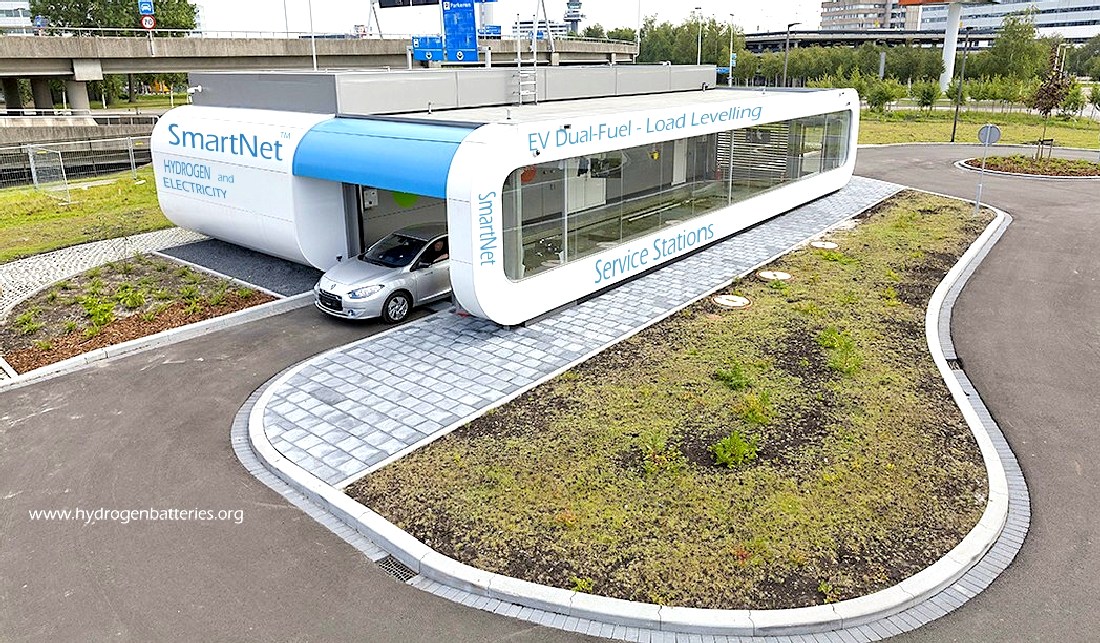|
WIPO WORLD INTELLECTUAL PROPERTY OFFICE
Please use our A-Z INDEX to navigate this site where page links may lead to other sites, or see HOME
|
|
|
When it comes to Patents that hold the potential to reduce climate change, the WIPO may not be that clever. Why? Because the financial burdens of making applications, are a put-off, for not for profit organizations, SMEs and sole traders, who might otherwise share their inventions and seek to market them. But without financial neutrality, the patent system is not a fair playing field.
For if they did, artists and writers would soon have something to say about it. Books would not be written, paintings not painted - and so on. What a boring planet earth would be.
But engineers and think tanks, who might be the source of ideas that could blossom into zero carbon technology, do not get a look in, because of the exorbitant application fees, that are multiplied by the number of countries of cover.
Whereas patents only have very short shelf life of 20 years. Hence, do not represent a sound investment, where competing concerns, such as the fossil fuel contingent, will seek to prevent new technology that devalues oil and gas, from seeing the light of day. Running patentees into the buffers. Meaning bankruptcy for those foolish enough to take on the establishment. What kind of reward is that from society?
EQUALITY FOR CHAMPIONS
The would be champions of climate cooling technology, faced with financial ruin, should they even contemplate pushing green technology against such odds, simply turn their attentions to something less debilitating. And who can blame them. But we need to encourage champions. We need to give them a route with light at the end of the tunnel.
It's easy to be a technology champion, when you already have sales and an R&D budget. Not so easy fresh out of university, with no income, but the heart to give it a go. We are talking about equal rights for inventors.
THE PROPOSAL
We need to change the patent system to promote innovation and time invested in development. Where time is money.
How?
1. We could extend the life of patents to 50 years. Since it could take that long for some technology to come to fruition - and it may well represent the entire working life of an innovator.
2. Green patents should attract fees in the normal way if they are from companies with profits from sales. But the same patent from an individual of limited means, should be accepted and processed free of charges - by way of an exemption. This would have to be means tested, with other checks to prevent fraudulent applications from suspect entities.
3. Patents would remain in force, with no fees payable, until licensing generates fees. At which point the application and renewal fees would be repaid. Not unlike the student loan system in the UK, that allows people to gain knowledge, and pay later.
4. There should be a simplified filing system for Green patents, such as to remove complications for applicants, by way of a single filing in any country in the world.
EXAMPLE
The SmartNet™ system is an ideal candidate for exemption, because the Foundation is a not for profit organization, that would like to champion the system, but has to legal muscle, to back up their know-how, Hence, the development of the system falls at the first hurdle. Further time invested would thus be a waste, where there are other climate problems to look at.
But, armed with a patent, the champion has something to promote. Anyone partnering to develop the technology, has protection, to enable them to invest with confidence. As and when the system goes into production, the Countries, who effectively sponsored or invested in the development of the technology, are repaid.
Not only do the fees come back, but the world benefits in real terms with a potential solution to climate pollution.
HENRIETTA - thinks she may have something to chirp about. She thinks she may have cracked the 'chicken and egg' conundrum.
CLIMATE
CHANGE and INTELLECTUAL PROPERTY
"Addressing climate change is dependent on economic growth that works with, rather than against the environment. Innovative green technology solutions can help by allowing us to do more with less – be it alternative energy production, energy saving, or greener forms of transportation, agriculture and forestry.
The
WIPO claim that their Global Challenges program works with multiple stakeholders to address these challenges, with a particular focus on:
- Contributing IP expertise to UN and other public policy fora where IP and innovation are discussed in relation to climate change.
But that does nothing to address the underlying inequality of the patent system - and many regard this as window dressing. Paying lip service to the concept of adapting policies to combat climate change.
WIPO ARTICLES
CONTACT
WIPO Headquarters
LINKS & REFERENCE
https://www.wipo.int/policy/en/climate_change/ https://www.wipo.int/policy/en/climate_change/
Please use our A-Z INDEX to navigate this site
Copyright © Climate Change Trust & Universal Batteries 2021. Solar Studios, BN271RF, United Kingdom. SmartNet® is a registered trademark of the Cleaner Ocean Foundation.
|

